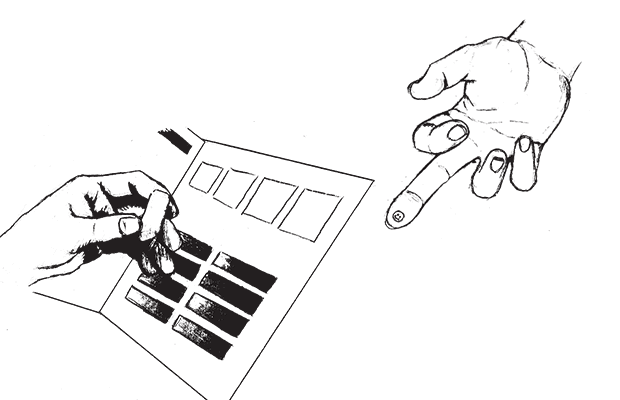The effects of an ecstasy pill materialise anywhere from 30 to 90 minutes after consumption. Most will begin to sense a euphoria, a reduction in inhibitions and appetite, and feelings of closeness, love and empathy. In societies which criminalise this experience, another likely side effect is contempt for the law. This contempt is driven by the unsolicited and unaccountable attempts by police to control not only people’s diets but even civil liberties as basic as public congregation.
Public debate around drug policy, especially amid festival cancellations, including Mountain Sounds and Psyfarim this month, consistently fails to question whether lawmakers have the right—let alone the aptitude—to legislate a Puritan ethic for the entire population.
Respectable discourse has focused on health and “pragmatic” concerns: those amenable to state compulsion, interspersed with expedient concoctions of drug “epidemics” plaguing poor and minority communities. Lessons from previous prohibition experiments are forgotten, and cycles of public fear and outrage predictably continue.
The Berejiklian government’s bugbears are not unprecedented. For the 20th century Prime Minister Georges Clemenceau, alcoholism was not one of France’s three grands fléaux but actually “the whole social problem.” Clemenceau oversaw record-breaking increases in arrests for public drunkenness during periods of working-class agitation. For decades prior, French doctors were cataloguing the effects of alcoholism with growing alarm — a gateway to inevitable violence, criminality, and death or institutionalisation. In the 1930s the American Bureau of Narcotics circulated a pamphlet describing “Marihuana” as a “killer drug.”
Even if one generously waives all past abuse of state power, citizens still possess no right to proscribe hobbies that cause no injury to others. As the patron saint of classical liberalism, John Stuart Mill, wrote in On Liberty: “the only purpose for which power can be rightfully exercised over any member of a civilized community, against his will, is to prevent harm to others. His own good, either physical or moral, is not a sufficient warrant.” Of all the political organisations one might expect to defend drug use on these grounds, especially given their constitutional ratification of the “freedom of citizens to choose their own way of living and of life, subject to the rights of others”, the Liberal Party is easily the most tragic case.
This charge of hypocrisy usually inspires two deflections — a resort to technical definitions and a taxpayer argument, both recycled in a recent op-ed in Quadrant by Peter O’Brien. O’Brien’s core argument is premised on a selective quotation of the Oxford English Dictionary definition of “condone”, the insight being that pill testing “condones” risky or offensive behaviour. One might similarly argue that by mandating the testing of reserve parachutes, governments “champion” jumping from planes.
O’Brien also employs another reactionary banality—the “helpless taxpayer plea” — by refusing to consider subsidising ecstasy-induced hospitalizations, even though “evidence from all over the world indicates that significant numbers of people maintain controlled patterns of drug use over long periods… while upholding the obligations of ‘normal’ life,” according to Dr Cameron Duff at Curtin University’s National Drug Research Institute. “Youthful” ecstasy users are peculiarly burdensome, suggests O’Brien, compared to long-term smokers, who “by virtue of the punitive excise on [their] favoured vice,” have already paid society for the services they may eventually withdraw. Yet O’Brien makes no comparable case for abolishing sport, which injured one in 17 Australians and cost the country $1.5 billion in 2003, according to a Medibank report with sportspersons between the ages 15 to 29 twice as likely to contribute to the burden laid upon the taxpayer.
Once these extremely basic incongruencies in Australian drug law are admitted, one is inevitably led to the conclusion that the Berejikian government is desperately trying to rationalize an illiberal and ultimately petty tyranny.





